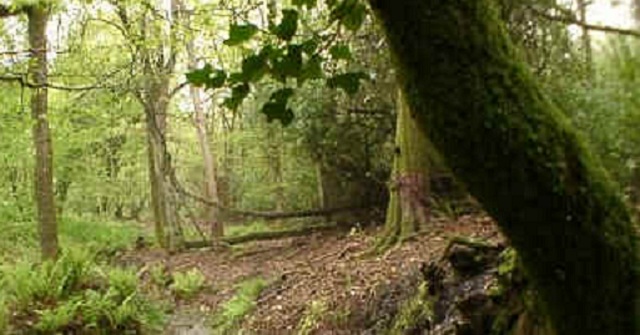Cameron puts ‘fantastically corrupt’ row behind him

David Cameron has attempted to distance himself from controversial comments he made that the leaders of Nigeria and Afghanistan were representing “fantastically corrupt” nations.
Asked about the controversy in the House of Commons on Wednesday, Cameron said the leaders of the two countries were “battling hard against very corrupt systems” and had made “remarkable steps forward”.
Earlier, Nigeria’s President Muhammadu Buhari said he did not want an apology from Cameron, but added that Britain could return assets stolen by officials who fled to London. The diplomatic embarrassment was unavoidable after Cameron was caught on tape saying in front of Queen Elizabeth that “some leaders of some fantastically corrupt countries [are] coming to Britain” for an anti-corruption summit.
“Nigeria and Afghanistan, possibly the two most corrupt countries in the world,” he said.
The recording made waves as Buhari and Afghanistan’s President Ashraf Ghani were due to attend the anti-corruption conference hosted by the Commonwealth Secretariat in London.
“I’m not going to demand any apology from anybody. What I’m demanding is the return of the assets,” Buhari told the conference. Earlier, Garba Shehu, a spokesman for Buhari, took to Twitter to scold Cameron.
“This is embarrassing to us, to say the least,” he wrote
“The prime minister must be looking at an old snapshot of Nigeria. Things are changing with corruption and everything else.”
Nigeria, which ranks 136 out of 168 countries in Transparency International’s Corruption Perception Index for 2015, has struggled for years to fight corruption among its political elite. Since Buhari was elected to power in 2014 on a campaign that pledged to root out corruption, anti-fraud agencies have arrested several senior politicians accused of embezzlement.
Asked whether Cameron regretted his comments, a Downing Street spokesperson said: “Both leaders have been invited to the summit because they are driving the fight against corruption in their countries. The UK stands shoulder to shoulder with them as they do so.”
Cobus de Swardt, Transparency International’s managing director, said the UK is actually “a big part of the world’s corruption problem”.
“There is no doubt that historically, Nigeria and Afghanistan have had very high levels of corruption, and that continues to this day,” De Swardt said.
“But the leaders of those countries have sent strong signals that they want things to change.
“This affects the UK as much as other countries. We should not forget that by providing a safe haven for corrupt assets, the UK and its overseas territories and crown dependencies are a big part of the world’s corruption problem.”
In a letter to Cameron last month, 95 reform groups in Nigeria urged the UK to do more to prevent corrupt officials from laundering stolen money through the UK’s property market. “Civil society in Nigeria is calling on you to take serious action to end the UK’s role as a safe haven for our corrupt individuals, who steal our wealth for their own private gain,” the letter said.
Salaudeen Hashim, of the West Africa Civil Society Forum, said that corruption and money laundering are direct causes of poverty in Nigeria. “You see poverty staring at you on the street simply because money that is meant to stimulate the economy is being used by individuals to build homes [in London], to take care of their own immediate families,” he said. “All of this [is] going on at the expense of the people.” — Al Jazeera








Comments